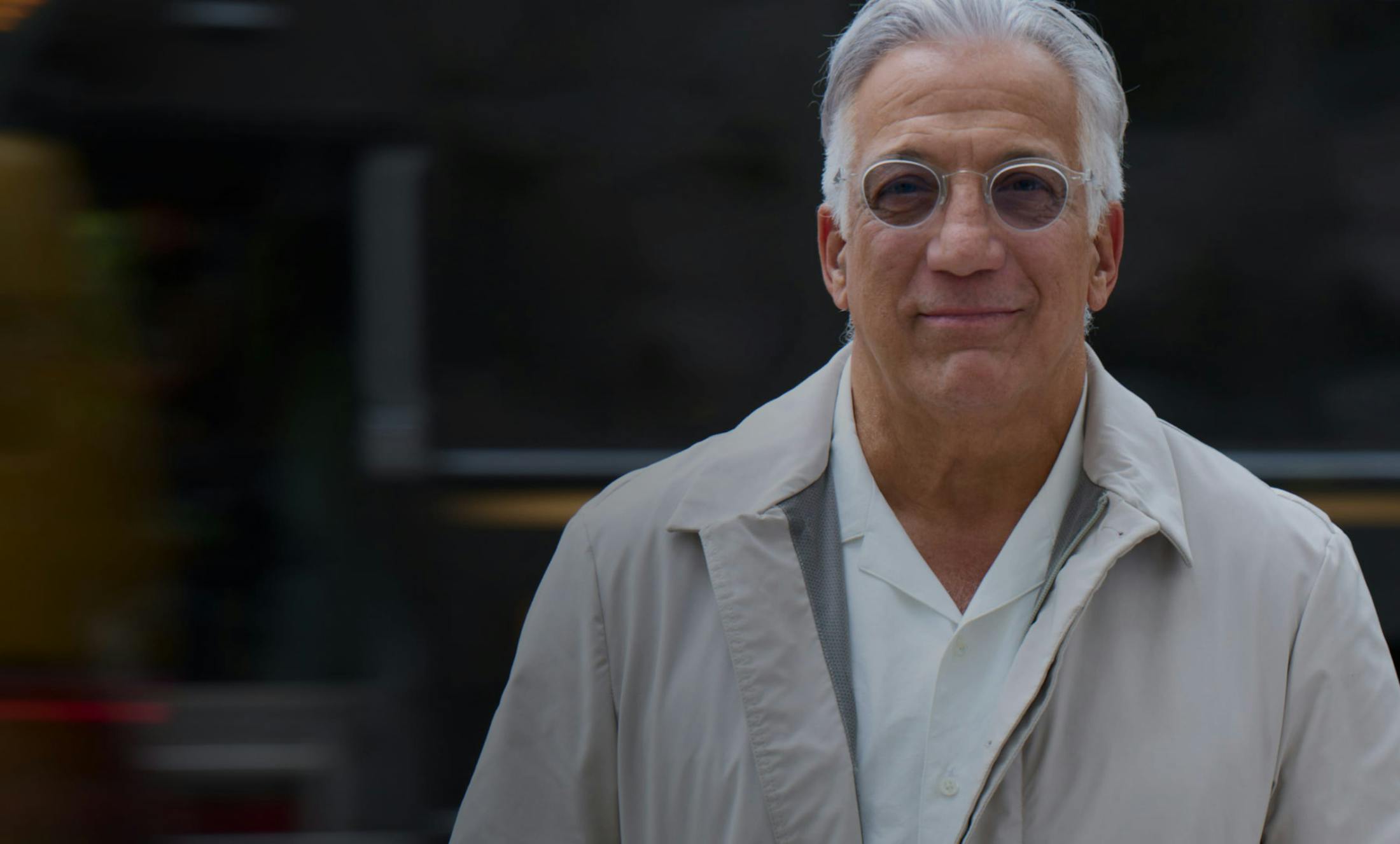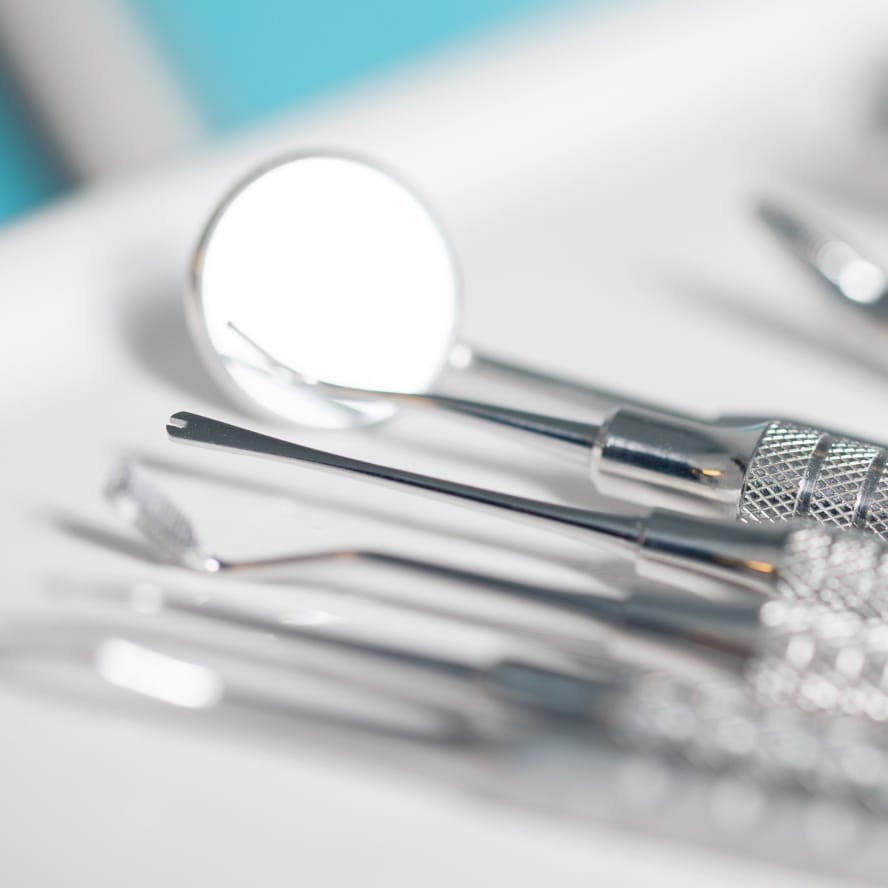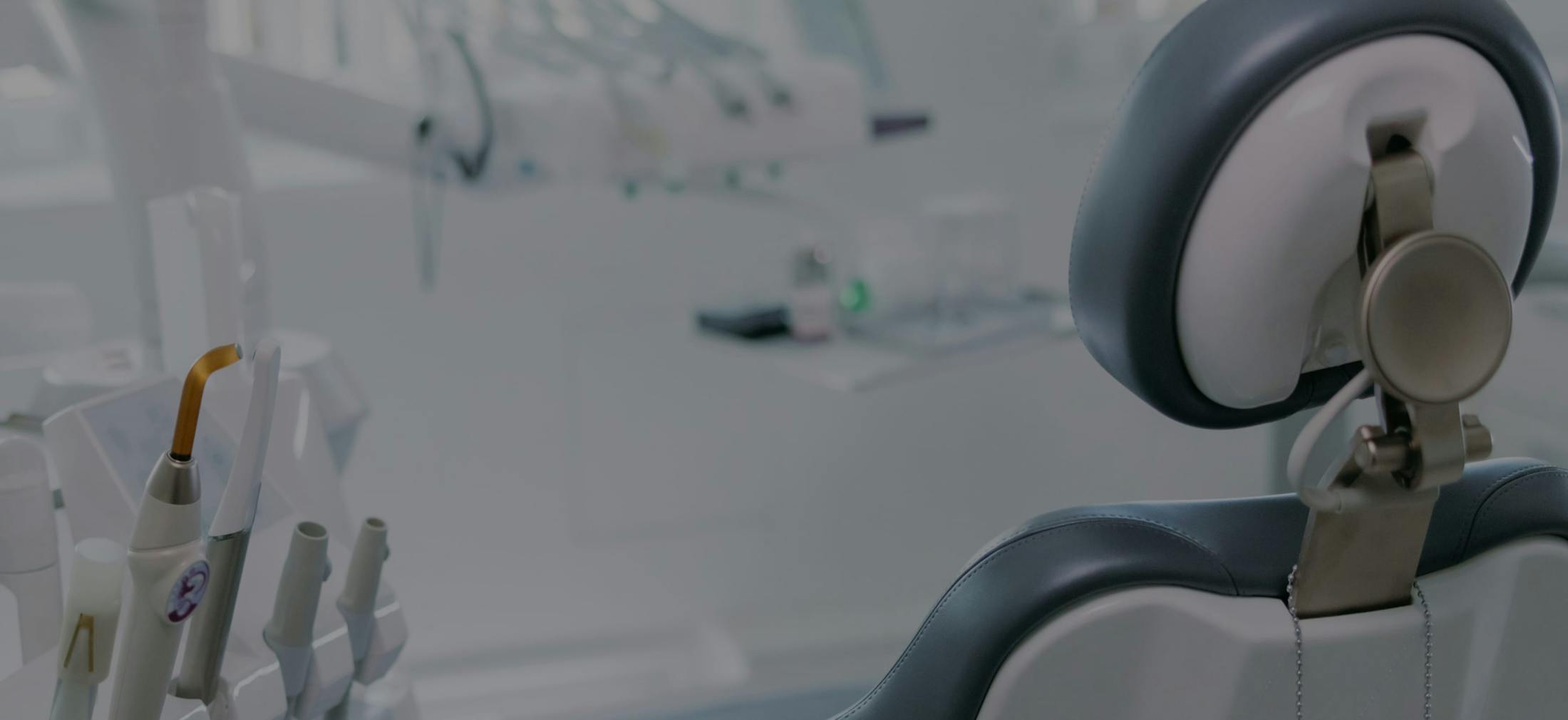Relieve chronic pain and improve jaw function by addressing the root causes of temporomandibular joint disorders.
Understanding TMJ Disorder
Temporomandibular Joint (TMJ) Disorder affects the joint connecting your jawbone to your skull, enabling essential movements like speaking, chewing, and yawning. TMJ disorders can cause persistent discomfort, jaw misalignment, and various other symptoms that impact your daily life. These disorders often stem from issues like bruxism (teeth grinding) or an imbalanced bite, and they can lead to far-reaching effects such as headaches, earaches, and sleep disturbances.
At Rejuvenation Dentistry, we understand that TMJ disorders are more than just jaw pain—they represent a broader imbalance affecting your overall well-being. Our biologic, holistic approach identifies and addresses the root causes, offering effective relief tailored to your needs.










